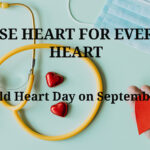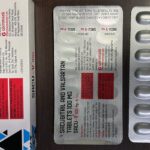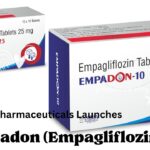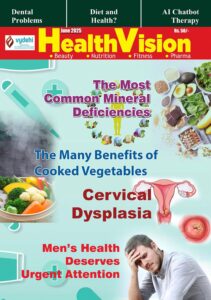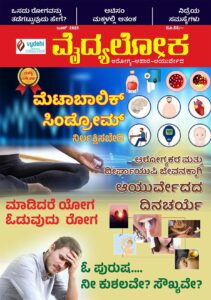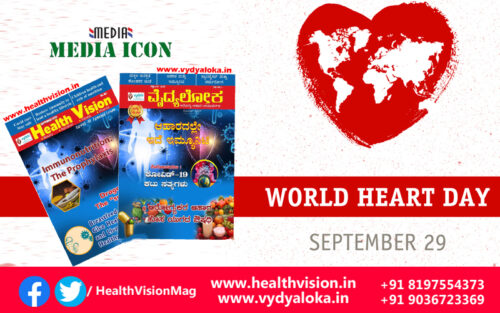

Heart diseases can be avoided by controlling risk factors:
Dr. Aziz Kothawala, Cardiologist at Saifee Hospital, Mumbai says “According to several reports and studies, people with cardiovascular diseases and their relatable risk factors are more vulnerable to severe forms of coronavirus infection. It is important to emphasize on making sustainable proactive, dietary and lifestyle modifications for better heart health. At least 80% of premature deaths from heart diseases can be avoided by controlling risk factors such as tobacco use, unhealthy diet and physical inactivity as per the experts. Consuming a well-balanced diet is one of the simplest, most effective ways to keep the nutrition value high and to live a heart-healthy life.”
COVID-19 affects patients with respiratory and cardiac problems:
According to Dr. Sanjeev Kanoria, Founder, Suasth Hospital “Seasonal flu or other viruses impact the body by infecting cells directly. In the case of the current pandemic COVID-19, the virus mainly attacks the lungs. However, at times the virus can also cause your body to produce an overactive immune response which can lead to increased inflammation in the entire body. While COVID-19 does not directly affect the heart, it can affect patients with co-morbidities like respiratory and cardiac problems. It can also indirectly affect the heart by making present heart conditions worse.”


Prioritize heart failure as a cardiovascular disease:
According to Dr. Rahul Patil, Interventional Cardiologist & Head of Premature Heart Disease Division, Jayadeva institute of cardiovascular sciences, Bangalore , “1/3rd of Heart Failure patients die in the hospital within 6 months of their treatments, which is significantly a very high number. Currently, almost 25% of these CVD patients are suffering with heart failure, experiencing problems like excessive tiredness, breathlessness, leg swelling etc. With the burden of Heart Failure snowballing in India and the high death rates associated, it is necessary to prioritize heart failure as a cardiovascular disease. The need of the hour is, coming together of all stakeholders to develop a community level approach to raise awareness about this condition, which is often used interchangeably with Heart Attack, or seen as an aftermath of the latter.”



